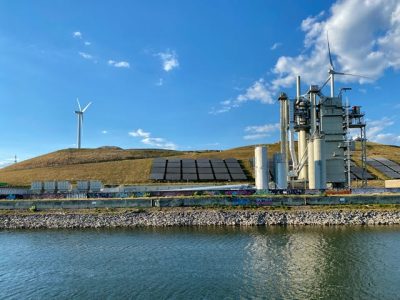When working on a construction, landscaping, or building upgrade project, you will surely need an earthmoving machine. This machine is helpful when you need to get rid of large objects along the way. Things like stones, tree stumps, and bulky items can be quickly removed by heavy construction equipment like a trencher, dumper, or excavator.
Unfortunately, one project may not be able to carry out all the necessary machinery. One common factor for such is that the equipment is expensive. For major companies that go through renovation or expansion, they typically resort to earthmoving finance options so they can obtain the machine while not blowing their budget. This is the most convenient way to provide funds for a couple of equipment to complete the building project.
For smart business owners of capital intensive sectors, they would maximize the financing option for the equipment to avail of tax deductions that can eventually pay off their annual loan.
Looking For The Best Deal
Generally, when you plan to loan, you’ll look for the best interest rates. Not like loans for houses, in equipment financing, the rates are accessible in the market. Hence, anyone can negotiate it for as low as 1%. This works especially if there is stiff competition among the financing firms. You’ll surely benefit from canvassing first before signing the loan contract.
Lenient Credit Assessment
Like technology, the majority of providers of equipment finance have evolved, and no longer require monetary proof to approve the financing application. Instead, they are using behavioural credit evaluation. When a business has been operating for the last three years or so, possesses a spotless credit record, and the borrower owns a property, the financing company can immediately approve a significant loan amount. Despite the shorter approval process, the interest rates remain the same as the typical fully-evaluation applications.
Private Transactions Are Much Cheaper And Open For Financing
When the used machinery is acquired from a private entity, it can be eligible for equipment financing. These private dealings require further stages in the procedure, including goods inspection and a more meticulous property registration process to ensure seamless transfer of title. But the effort will be worth it since you can earn a considerable amount of savings in comparison with buying new equipment or second-hand through a dealer.
Spread The Loan To Various Brokers
With equipment finance, it permits a firm to roll out a particular amount of the total debt to a wider core of brokers, giving minimal exposure to the bank. It triggers higher competition among brokers to present cheaper interest rates, usually more favourable approval situations, and a wider core of lenders to finance potential development.
Tax Deductions Vary In Every Equipment Finance Agreement
Some mortgage structures of a financing firm control their tax deductions of the depreciation and interest elements of the asset, which is usually lesser than the actual yearly payment of the loan. The wise and correct use of an earthmoving finance loan can typically present a tax deduction as high as the monthly or yearly payments done under the loan as the monthly dues itself is the amount of deduction. Normally, this is not properly used, which is a worthwhile effort and must be checked by an accountant and potentially generate significant savings.
Financing a Second-Hand Equipment Is Just Similar To a New One
These used machineries, which are incredibly lower-priced than the new ones, can get financing options too. They have a similar process, which is a terrific alternative when you want something more practical.

















Comments